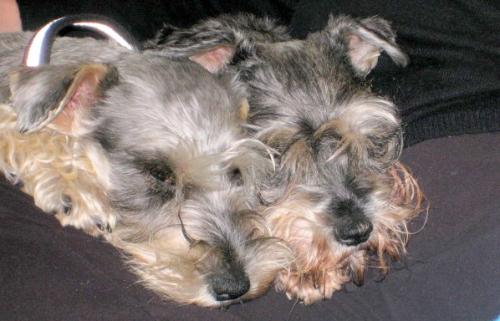Since reading Chris Y’s comment and Rev Mugo’s response Thoughts on Retirement, thoughts on retirement keep appearing in my mind so I am going to write and see what is there.
I have some experience in gap time. An Illness, plus many years of stress, worsened to the point where I could no longer work. I loved my job and had dedicated a huge amount of energy to it. The shock of all the loss I felt was painful and scary. I went from full-time full-on immersion in the world of employment to being at home 24/7, to not being able to leave the house, and many times not able to leave my bed.
It felt like free falling into an abyss. My feelings were complex and contradictory. I struggled mightily against this fall yet also felt the blessed relief of not having to struggle anymore. My illness took over and, instead of defining myself by my work, I felt like ‘a sick person who was not able to work’. At first I couldn’t think I no longer work therefore what shall I do? , because there was very little I was able to do for many weeks. I found it hard to be still within these conditions. I was properly unseated!
That was 10 years ago and now, looking back, I can see that I had long ignored indicators that were telling me to slow down! But, at the time, I pushed such signs and thoughts away with justifications of ‘I have no choice, I am needed, I can keep this up if I just……’
My long convalescence was a period of learning how to listen, learning how to be within the boredom and the not knowing (who am I? what is my purpose? what shall I/can I do?). For a long time I was “under the influence of the mourning” for my working life and all that being employed brings. It is tough to no longer have that social network, that feeling of usefulness, the purpose (and the salary).
When I forgot to listen, when I allowed myself to follow old habits and behaviours, I was fortunate in that my body very quickly reacted to remind me of what I could and could not do and I had many relapses. I learnt the hard way to adapt to my new circumstances and I began to find solace in the peace and the opportunity to look at myself. Like you said, Rev Mugo, it takes time and patience…….and may I add, trust.
My situation is not unique and I had the good fortune to have a supportive husband and my Buddhist practice. My connection with Rev Mugo deepened during this period and many of our conversations focussed on these struggles and I thank her and Nigel for the love and support they gave me. I have a good life and I feel very lucky. My health is good and my current (part-time) work is sessional and I can drop it if I need to. So I am not entirely retired. Our reduced income has been much easier than I ever anticipated. The pangs of mourning still arise sometimes and I just say ‘hi’ to these feelings and I don’t hang on to them. They are just shadows now. I know that I actually have everything that I need right now, right here. I do tread more lightly; and I am with you, Rev Mugo – I too feel better than I have done when I was 20 years younger! Onward and forward I say!
